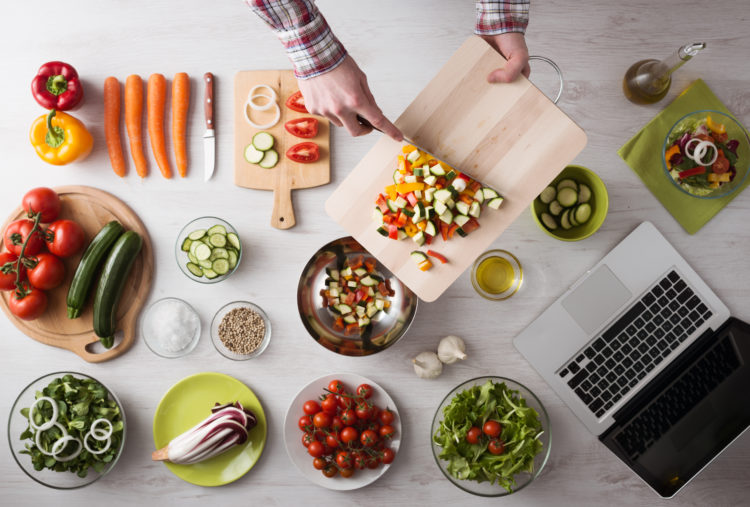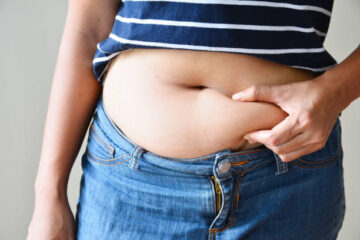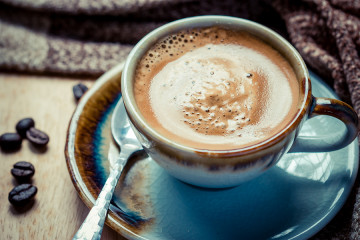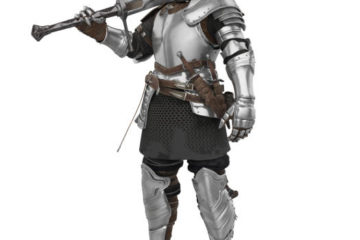Eating Before Exercise! Athlete Food

y Manzoor Hussain December 21, 2021
Eating before exercise
If you exercise early in the morning, it is best to get up early enough to eat before exercise. There is usually little time left to digest food before exercise. At least! Try eating or drinking something easily digestible 20-30 minutes before exercise. However, depending on the type of exercise, its duration, and intensity, a light meal with digestible carbohydrates can improve performance. Glycogen can be depleted after an overnight fast, so a pre-workout snack can help replenish liver glycogen stores.
- Porridge
- Choose best fruits which are high in proteins like banana
- High in carbohydrates for fuel and long performance
- Food easy to digest
- Low-fat food
- Smoothies
morning exercise
In case you need little remainder carbohydrates, high protein, those can be found in fresh fruits and vegetables. For some motivational inspiration we’ve collected some best pre-workout breakfast ideas:
- Swigs juice before morning workout for a great source of sugar
- A glass of chocolate milk to get Carbs
- A handful granola
- Pre-workout smoothies
- A banana, apple, or other fresh fruits
- Slice of toast with jam
- A whole grain
- One cup of yogurt
- Breakfast cookies
- Eggs on toast
- A peanut butter sandwich
- Oatmeal and eggs
- Hard-boiled egg with grapes
Pre-workout breakfast for health
A pre-workout breakfast is consumed to boost your energy and maximize your performance. Provide your body with the nutrients it needs by eating a variety of nutrient-dense foods. Including whole grains, lean protein, fruits and vegetables, and low-fat or low-fat dairy products. Eat fewer foods high in solid fat, added sugars, and sodium.
In the Mediterranean countries, breakfast is recognized as one of the most important meals of the day. Breakfast is a likely pre-workout food source if exercise is done in the morning. But is often skipped by young people due to time limits or any other activity. A randomized balanced crossover study was conducted to compare the effects of two different breakfast sizes and no breakfast before morning exercise on cognitive function, mood, stress, appetite, and energy consumption for the remainder of the day. A pre-workout breakfast containing approximately 118 calories may improve mood and appetite control after exercise, although more research is needed before this can be considered a recommendation.
Food planning
Planning is essential if you are participating in an all-day activity such as athletics or other tournaments. Consider the time of your event, the amount of food, and the energy needed. Also, be aware of the amount of fluid you consume. You must plan ahead and prepare meals and snacks that you have tried before and know they will work for you. Don’t experiment with something new on the day of the event.
Suggestions pre-workout food
1-2 hours eating before exercise food suggestions are:
- Oats
- Protein shakes
- Smoothies
- Fresh fruits such as watermelon, apple, banana
- Whole grain bread
- Dried fruits
- Athlete spark drink
- Cereal with low-fat milk
- Energy bar
- Fruited and Greek yogurt
Sugar and performance for an athlete
If you’re an endurance athlete, evidence suggests that consuming sugar, such as energy bars, certain types of chocolate bars, or sports drinks. One hour before a competition can provide glucose to your exercising muscles when your other energy stores have dropped too low levels. However, you should experiment with these strategies before a competition because some people don’t perform well after a spike in blood glucose.
However, recent research and study show that for most people, the drop in blood glucose does not last long. In most cases, any metabolic changes are corrected within 30 minutes after training. Furthermore, carbohydrates help to have enough carbohydrates in the pre-workout meal to compensate for their increased use as fuel for exercise – a minimum of 50 grams seems like a reasonable goal.
When should I eat, drink before exercise
A pre-workout meal is something that only an athlete can determine based on their experience. Research usually recommends eating 2-4 hours before a competition. The decision will depend on the type and timing of the event, as well as individual responses. You need to allow enough time for food to empty out of the stomach, including extra time for delayed emptying that may accompany the nerves before the event. It is important to get the right balance of bowel comfort – not being too full at the beginning of a workout and hungry at the end of a workout.
Why athlete should eat or drink before exercise?
Some athletes may move the food closer to training or competition, especially if recovery time from a previous activity is limited. In this case, liquids containing carbohydrates, such as sports drinks or liquid
nutritional supplements, can also be effectively used to meet nutritional goals before a competition.
For morning competitions, the athlete may schedule breakfast two hours before the start of the competition. For a very early morning start, another option is to eat a hearty dinner the night before and a light snack or liquid just and 1 hour before the event. Competitors at the end of the day may choose a regular meal at the start of the day. Then can have a snack 1-2 hours before the competition.
Should I eat before a workout if I’m trying to lose weight?
Many athletes believe that if they want to lose weight, they can burn more body fat by not eating before exercise. However, the key to a good weight loss plan is to change your daily energy balance while maintaining training performance. Selecting fresh and clean diet food can play an unimportant role in weight loss. In many cases, eating or snacking the right size before training will improve training performance or prevent the athlete from becoming so hungry that they overeat after training. Your pre-workout meal decisions should be made within the broader picture of your nutritional goals. A sports nutritionist can advise you on a plan to help you lose weight as part of your overall nutritional goals.
Food to avoid before exercise
Any fatty food can be very difficult, slow to digest, and remain in the stomach for a long time. In addition, you should avoid junk food because it can be bad for your health. They will also draw blood into the stomach to aid digestion, which can cause cramping and discomfort. Meat, donuts, French fries, potato chips, and chocolate bars should be avoided with pre-workout meals.
Exercising on a full stomach is not ideal. Food that remains in your stomach during an event may cause stomach upset, nausea, and cramping. you should allow a meal to fully digest before the start of the event. Eating a pre-workout meal or snack can improve your ability to meet your nutritional goals. The post-workout period is also important because the main source of fuel for active muscles is carbohydrates, which accumulate in the muscles as glycogen a few days before the training. This is one of the reasons why post-workout nutrition is important for recovery and preparation for your next workout.
sooperarticles.com







No Comment